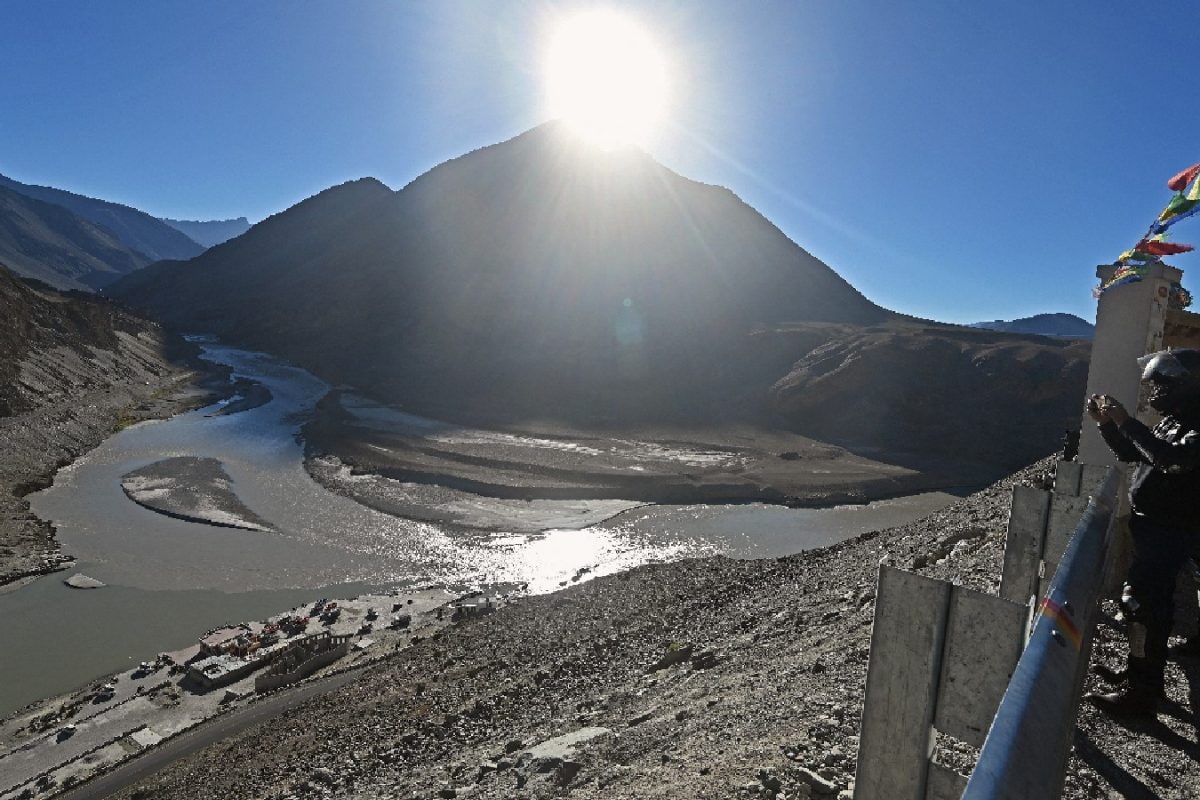

The Ministry of External Affairs (MEA) has strongly defended India's decision to put the Indus Waters Treaty (IWT) in abeyance, asserting that Pakistan's actions have undermined the foundational principles of the agreement. This justification comes in the wake of the deadly Pahalgam terror attack on April 22, 2025, which significantly heightened tensions between the two nations.
According to the MEA, Pakistan has effectively set aside the "spirit of goodwill and friendship" that is enshrined in the preamble of the 1960 treaty. Foreign Secretary Vikram Misri, briefing a parliamentary committee, emphasized that "all these principles have in effect been held in abeyance by Pakistan," and that "the unrelenting cross-border terrorism from Pakistan interferes with our ability to exploit the treaty as per its provisions."
The MEA has further argued that the shifts in ground realities necessitate a renegotiation of the treaty's terms. These shifts range from advancements in engineering to the increasingly pressing challenges posed by climate change and glacial melt. The Ministry believes these factors make it imperative to reassess the distribution of rights and obligations outlined in the original agreement. Delegations visiting various countries will also emphasize this point while defending India's stance.
Moreover, the MEA has pointed out that Pakistan has consistently stonewalled India's requests for government-to-government talks, despite the significant changes in the existing situation. This reluctance to engage in dialogue underscores the urgent need to modernize the treaty, which was initially framed around mid-20th century engineering techniques. The MEA has stated that given the fundamental changes in ground realities, suspending the treaty is well within India's rights.
MEA spokesperson Randhir Jaiswal has also articulated that the IWT will remain in abeyance until Pakistan credibly and irrevocably ceases its support for cross-border terrorism. This position aligns with Prime Minister Narendra Modi's firm stance that "water and blood cannot flow together," highlighting India's resolve to address its security concerns alongside water-sharing arrangements.
The decision to put the IWT in abeyance was made by the Cabinet Committee on Security (CCS), the government's highest decision-making body on national security. This move reflects the gravity of the situation and India's determination to prioritize its national security interests.
The MEA has also communicated to various international delegations that the treaty needs to be updated to reflect current realities, including climate change, melting glaciers, fluctuating river flows, and changing demographics. These factors, along with the growing need for clean energy, make renegotiation essential.
In summary, the MEA's justification for putting the Indus Waters Treaty on hold rests on Pakistan's alleged breach of the treaty's foundational principles, its support for cross-border terrorism, and the need to update the agreement to reflect contemporary realities such as climate change and technological advancements. India maintains that it is ready to reconsider its position once Pakistan takes credible steps to end cross-border terrorism and demonstrates a commitment to the spirit of goodwill and friendship that originally underpinned the treaty.